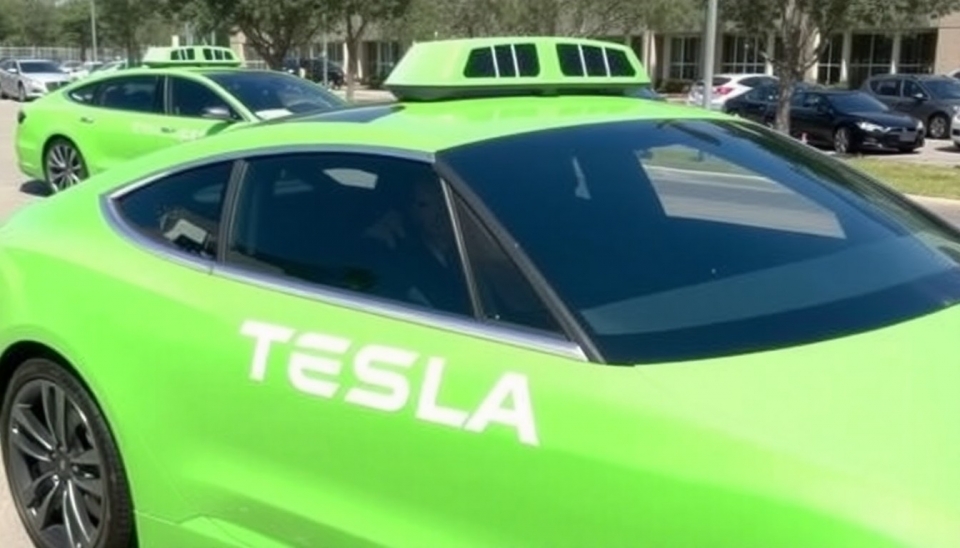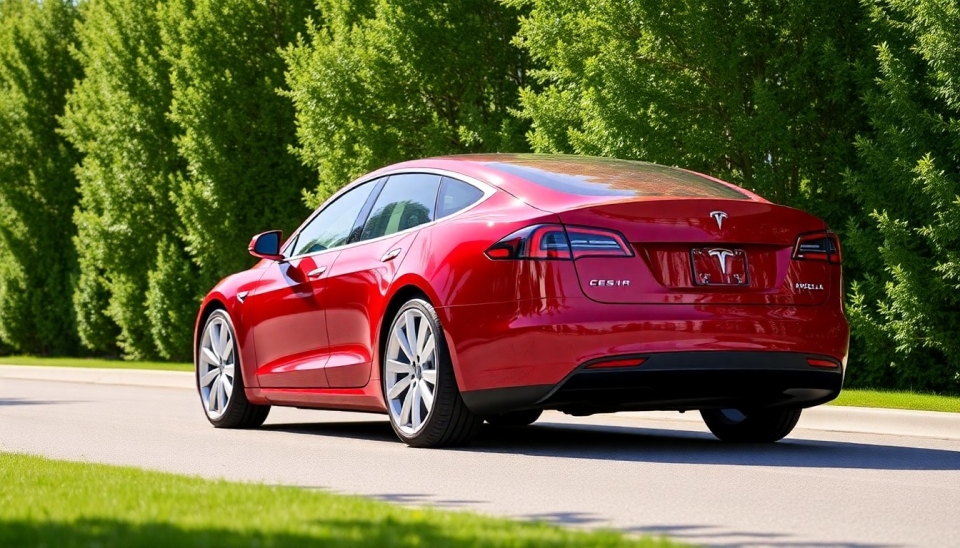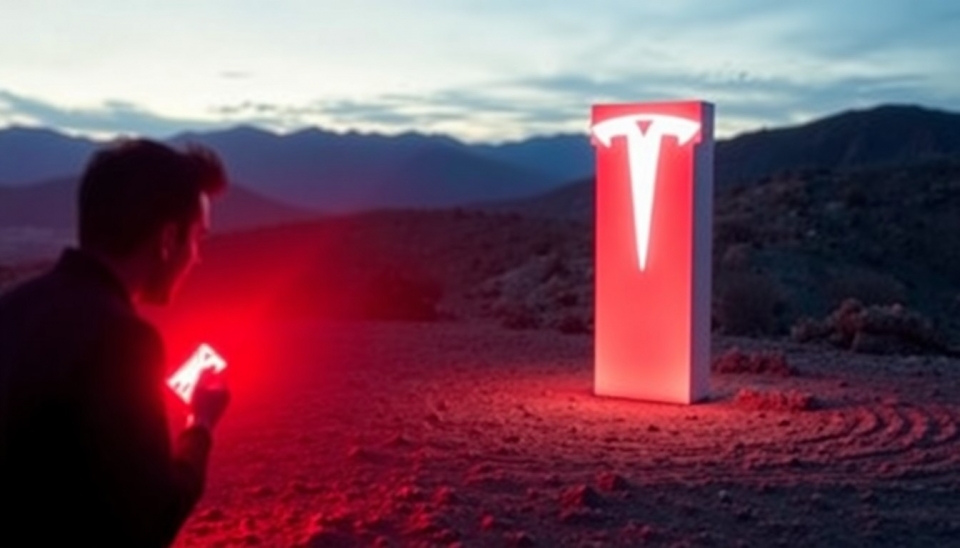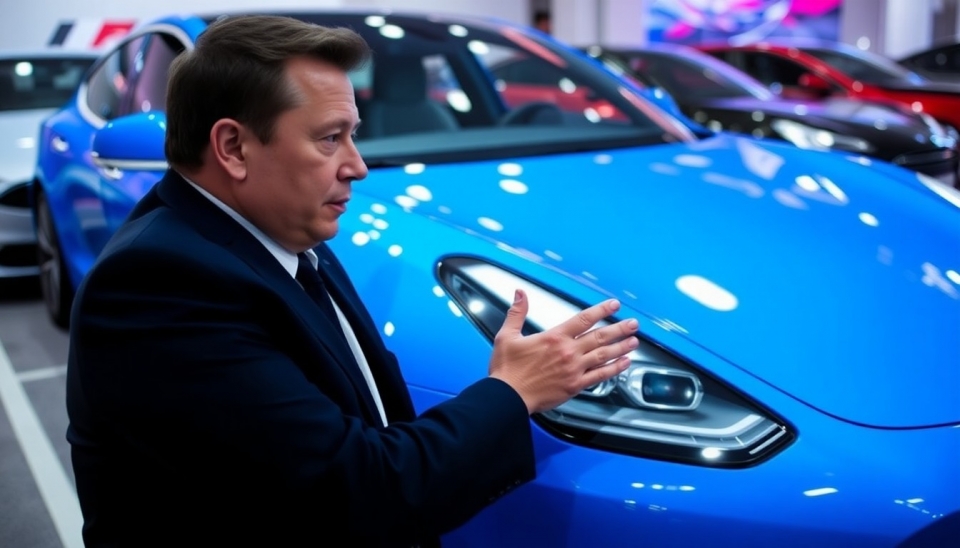
In a bold legal move, X, the platform owned by billionaire entrepreneur Elon Musk, has initiated a lawsuit against the state of California over its newly enacted legislation known as the Deepfake Deception Act. This law aims to regulate the use of deepfake technology, which has surged in popularity and poses significant risks, particularly in the realms of misinformation and online fraud.
At the core of X's argument is the assertion that the Deepfake Deception Act threatens the company's operational integrity and free speech rights. The platform's attorneys assert that the act imposes stringent regulations that could hinder the legitimate use of deepfake technologies, which have potential applications in various industries, ranging from entertainment to education.
The Deepfake Deception Act, which went into effect on January 1, 2024, prohibits the malicious use of deepfake technology, particularly in creating misleading videos that could harm individuals or manipulate public opinion. The law aims to curtail the potential for individuals or organizations to fabricate videos of public figures, potentially leading to misinformation campaigns or reputational damage.
According to X, the legislation is overly broad and could stifle creative expression and innovation. Musk and his team argue that the act could be interpreted in various ways, leading to strict limitations on users who create content that utilizes deepfake elements, even if those creations are harmless and intended for entertainment or educational purposes.
The lawsuit has sparked significant discussion among tech industry insiders and free speech advocates, who are divided on the implications of the Deepfake Deception Act. Proponents of the law argue that it is a necessary step to combat the spread of misinformation, particularly in a time when digital media plays an increasingly prominent role in shaping public perception. Critics, however, caution against regulatory overreach, arguing that such measures may hinder technological advancement and infringe upon individual rights.
Musk's X is not alone in its concerns. Other tech companies and creators have voiced apprehensions about the potential consequences of the legislation. The ongoing debate underscores a broader tension between the need to protect individuals from deceptive media and the imperative to encourage innovation in an ever-evolving digital landscape.
The resolution of this legal dispute could set significant precedents regarding the balance between regulation and free expression in the context of rapidly advancing technologies. As the case unfolds, both the tech community and the public will be watching closely to see how California’s approach to deepfakes influences future legislation and the ethical landscape of digital content creation.
In conclusion, Musk's lawsuit against the California Deepfake Deception Act highlights the crucial dialogue surrounding the regulation of emerging technologies and their implications for society. As stakeholders navigate the complexities of innovation and ethics, the outcomes of this legal battle may have far-reaching effects across the tech industry and beyond.
#ElonMusk #DeepfakeDeceptionAct #X #CaliforniaLaw #TechInnovation #FreeSpeech #Regulation #DigitalMedia #Technology #Lawsuit
Author: John Miller




